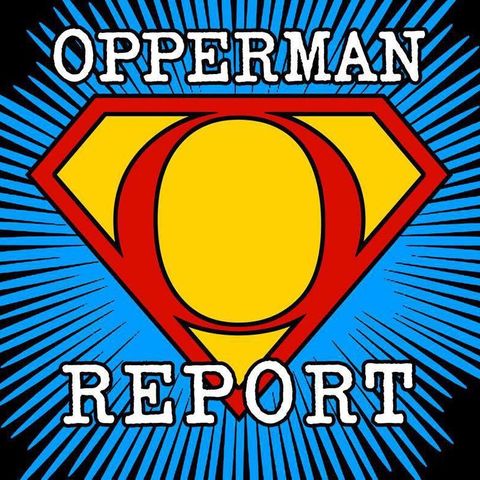
Support the Podcast
Contacts
Info
Join PI Ed Opperman with expert guests and authors as they discuss true crime stories in the news, conspiracy theories, issues of social injustice and NWO resistance. Follow on Twitter...
show moreFollow on Twitter and Instagram @OppermanReport

Support the Podcast
Join “The Opperman Report'” Supporters Club
Start supporting this podcast and become part of their community.
Join PI Ed Opperman with expert guests and authors as they discuss true crime stories in the news, conspiracy theories, issues of social injustice and NWO resistance. Follow on Twitter...
show moreFollow on Twitter and Instagram @OppermanReport
Information
| Author | The Opperman Report |
| Organization | The Opperman Report |
| Categories | True Crime |
| Website | www.patreon.com |
| oppermanreport@gmail.com |
Copyright 2024 - Spreaker Inc. an iHeartMedia Company
